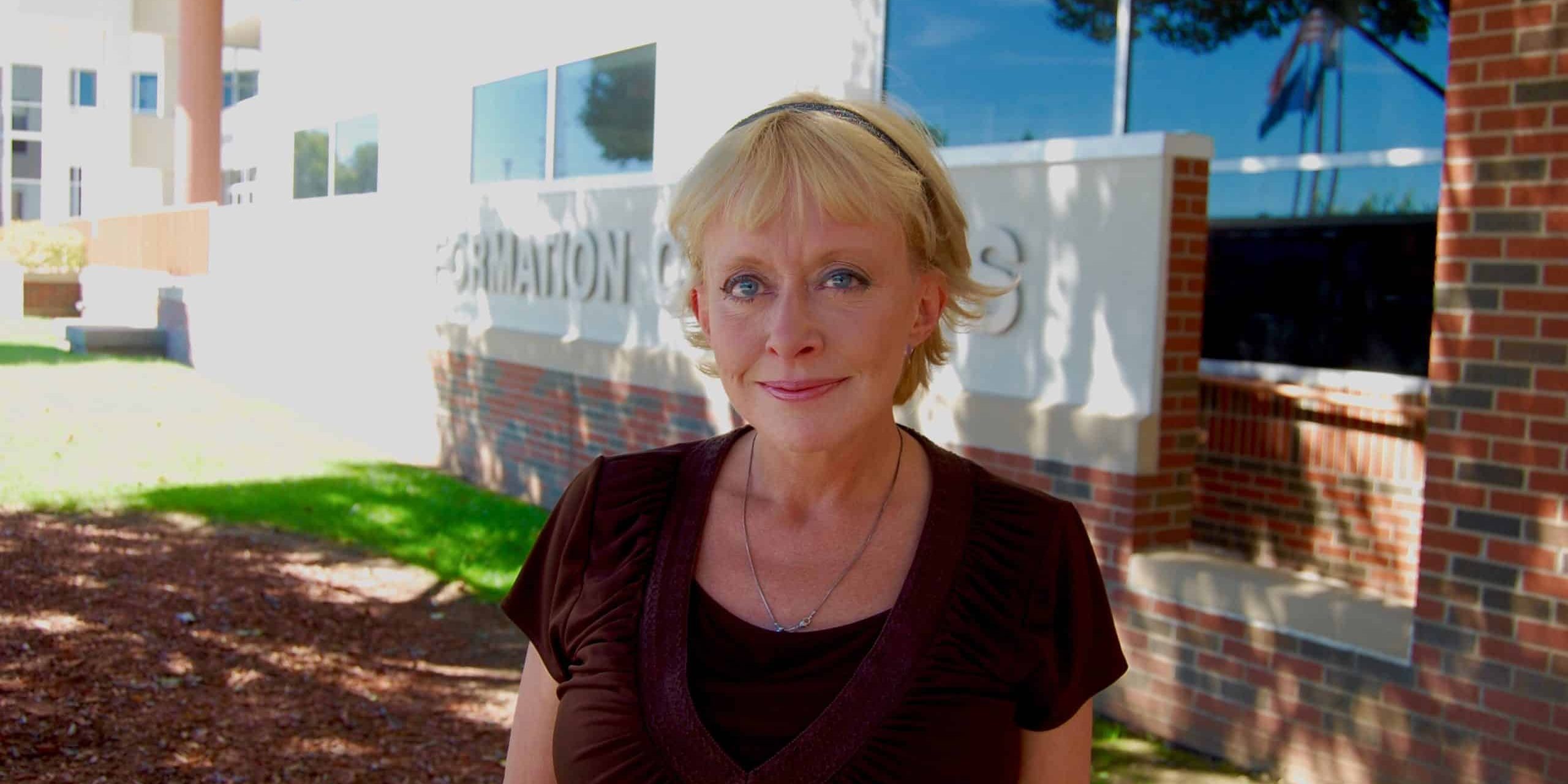The tears in Lisa Scurlock’s eyes say far more than words when she’s asked about the personal impact of studying in OTC’s new Behavioral Health Support program.
“I feel awesome,” she said as she wiped her eyes. “I feel like something. I’m proud of myself. It’s been a long time coming.”
Lisa, who is 52, hasn’t worked fulltime outside the home. She’s been a stay-at-home mom who earned her high school equivalency certificate many years ago.
But, recently, she decided to begin a career outside of the home and while she considered nursing and other healthcare areas, OTC Allied Health administrators suggested she look into the new Associate of Applied Science in Behavioral Health Support degree program.
“Behavioral health seemed like a good fit,” Lisa said. The program’s classes begin in the spring of 2017.
The program takes 18 months to complete and is intended to educate students to be ready to work with mental health or substance abuse clients as soon as they graduate. The courses are designed to provide students with the specific hands-on skills for clients, including: substance use disorders, family and youth issues and crisis intervention. It includes 360 hours of practicum experience and trains students for employment in a high-demand field.
The new program was developed through targeted discussions with the Missouri Department of Health, the Missouri Coalition of Community Health Centers, and OTC Allied Health and academic representatives.
“We are working closely with community leaders to develop a course curriculum that best aligns with the needs of our mental health community,” said Dr. Sherry Taylor, dean of Allied Health. “Our new degree program will offer students the skills needed to obtain entry-level positions in human service agencies, rehabilitation centers, transitional housing or correctional facilities.”
Lisa said her dad, a special education teacher who died in 2007, served as a role model and gave her the motivation to enroll in the program.
“I helped him study for his master’s degree. He had great communication skills. Helping him convinced me that I could always learn more skills that would help me talk to and help people,” she said.
Lisa is excited about what lies ahead for her once the program begins.
“I have a whole new life now. I don’t know what kind of life I would have without the behavioral science program. Whatever it would have been, it would not be as satisfying as this will be,” she said.
To learn more about OTC’s Associate of Applied Science in Behavioral Health Support, contact the Allied Health office at 417-447-8803 or alliedhealth@otc.edu.

